Summaries of books about Physics & Chemistry:
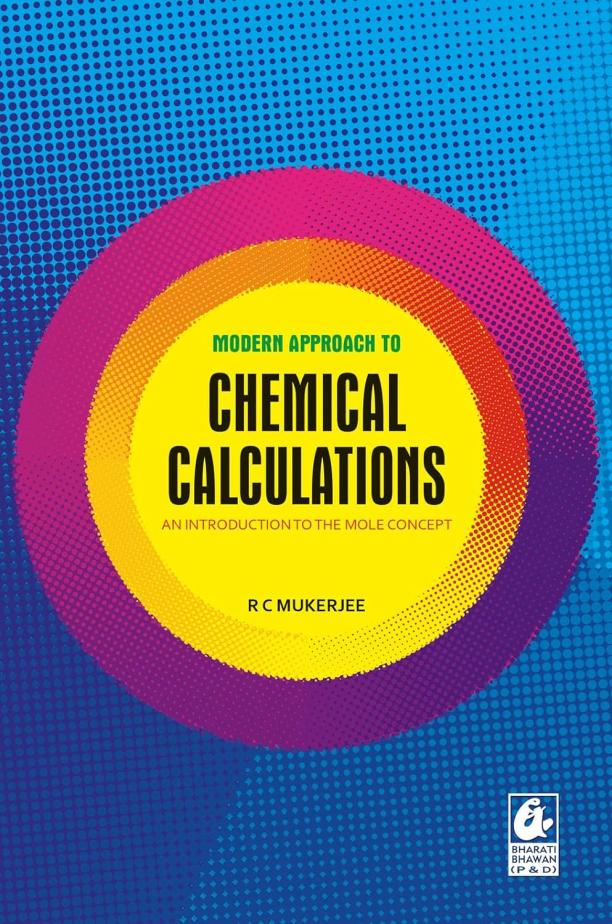
Modern Approach to Chemical Calculations
Ramendra Chandra Mukerjee
The book provides a comprehensive guide to solving chemical calculations using a step-by-step approach, covering topics such as stoichiometry, gas laws, and thermodynamics. It includes numerous examples, practice problems, and strategies for students to master the quantitative aspects of chemistry.
See full summary
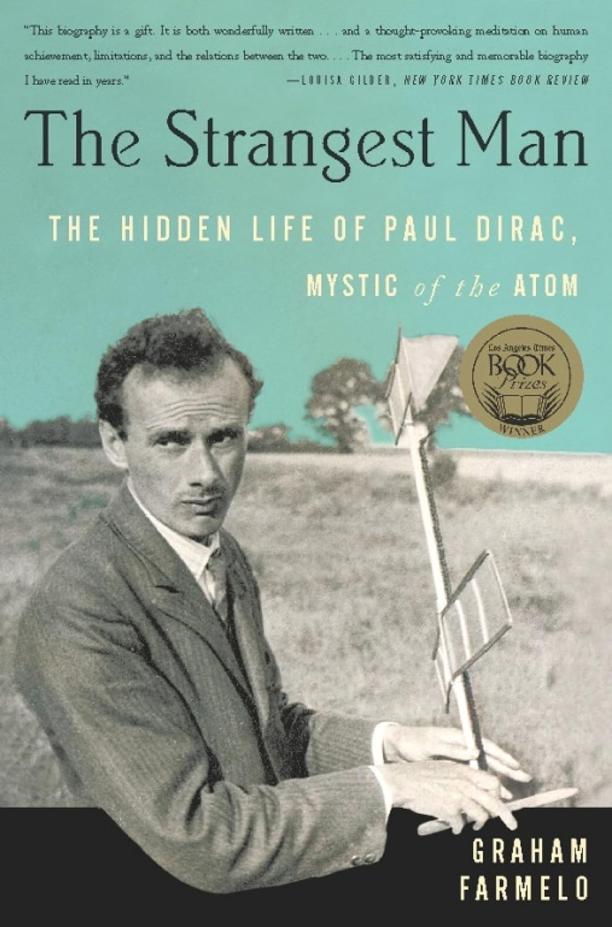
The Strangest Man
The Hidden Life of Paul Dirac, Mystic of the Atom
Graham Farmelo
The book delves into the life and scientific contributions of Paul Dirac, one of the founding fathers of quantum mechanics, exploring his groundbreaking theories and enigmatic personality. It provides a detailed account of Dirac's personal history, relationships, and the impact of his work on the field of physics, while also examining his lesser-known mystical and philosophical interests.
See full summary
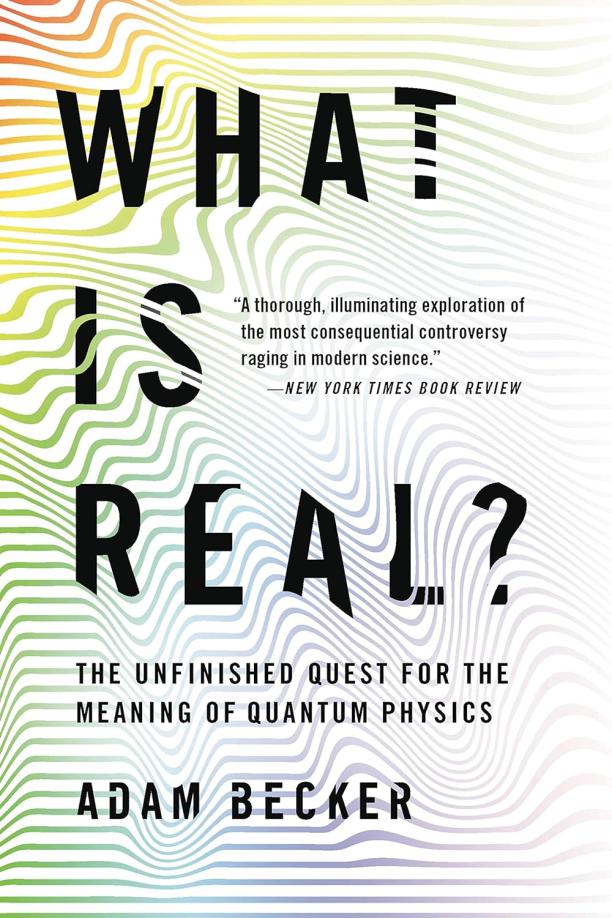
What Is Real?
The Unfinished Quest for the Meaning of Quantum Physics
Adam Becker
The book delves into the history of quantum physics, exploring the debates and struggles among scientists to understand the nature of reality at the quantum level. It examines the philosophical implications of quantum mechanics and the various interpretations that have emerged since its inception.
See full summary
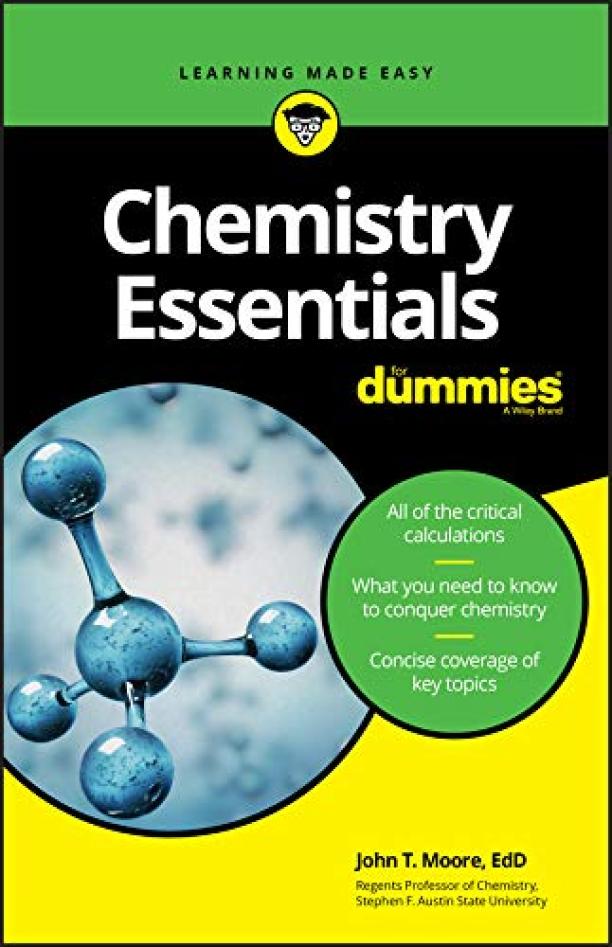
Chemistry Essentials For Dummies
John T. Moore
The book provides a concise overview of fundamental chemistry concepts, including atomic structure, chemical reactions, and the periodic table. It serves as a quick reference guide for students needing to grasp the basics or review key principles in the field of chemistry.
See full summary

Proof
The Science of Booze
Adam Rogers
The book delves into the history, chemistry, and biology of alcoholic drinks, exploring the science behind fermentation, distillation, and aging processes. It also examines the neurological effects of alcohol on the human brain and the cultural impact of drinking throughout human history.
See full summary
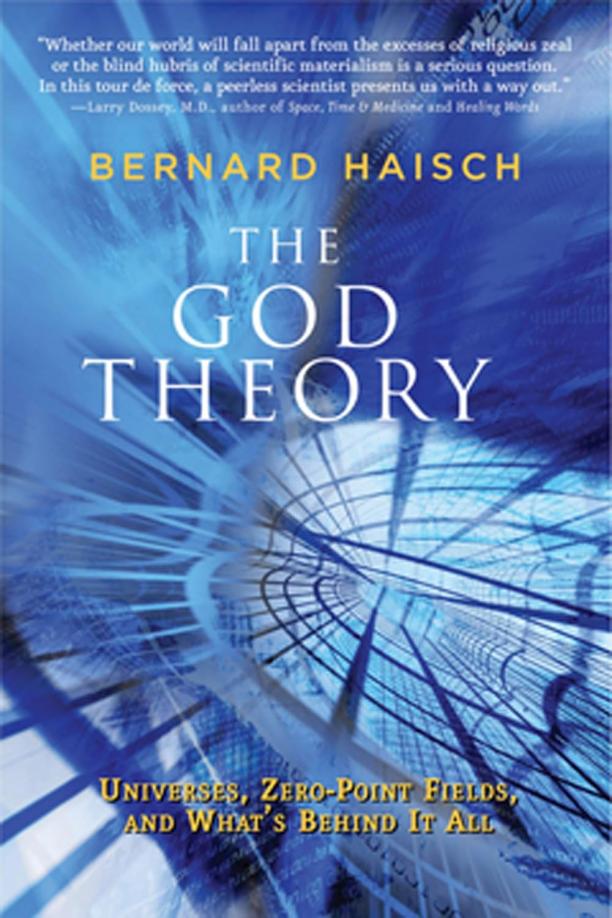
The God Theory
Universes, Zero-Point Fields, and What's Behind It All
Bernard Haisch
The book proposes a theory that merges the concept of an intelligent designer with the principles of modern physics, suggesting that the universe is designed to foster consciousness. It explores the idea that God could be the infinite intelligence behind the laws of nature, rather than a being who intervenes directly in human affairs.
See full summary
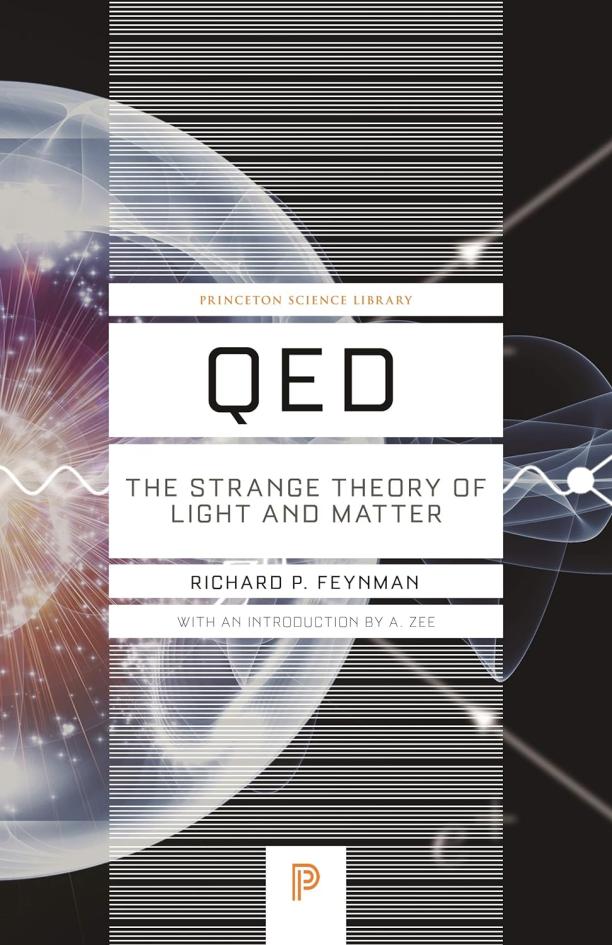
QED
The Strange Theory of Light and Matter
Richard P. Feynman
The book presents an accessible introduction to quantum electrodynamics (QED), explaining how light and matter interact at the quantum level. It distills complex scientific concepts into simpler terms through Feynman's engaging lecture style, using thought experiments and illustrative examples.
See full summary
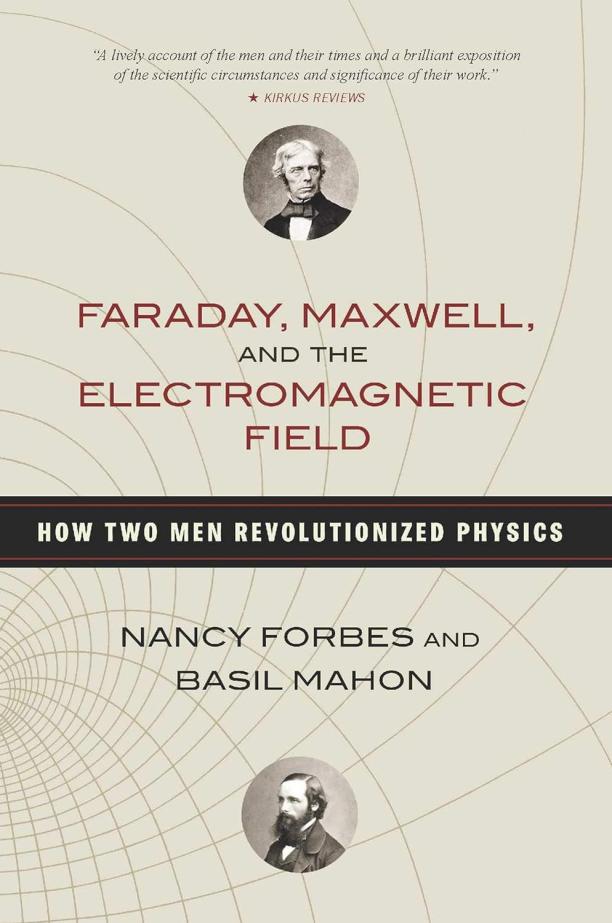
Faraday, Maxwell, and the Electromagnetic Field
How Two Men Revolutionized Physics
Nancy Forbes|Basil Mahon
The book chronicles the lives and scientific contributions of Michael Faraday and James Clerk Maxwell, detailing how their groundbreaking work led to the unification of electricity and magnetism into the concept of the electromagnetic field. It explores their personal histories, the development of their theories, and the profound impact their discoveries had on modern physics and technology.
See full summary
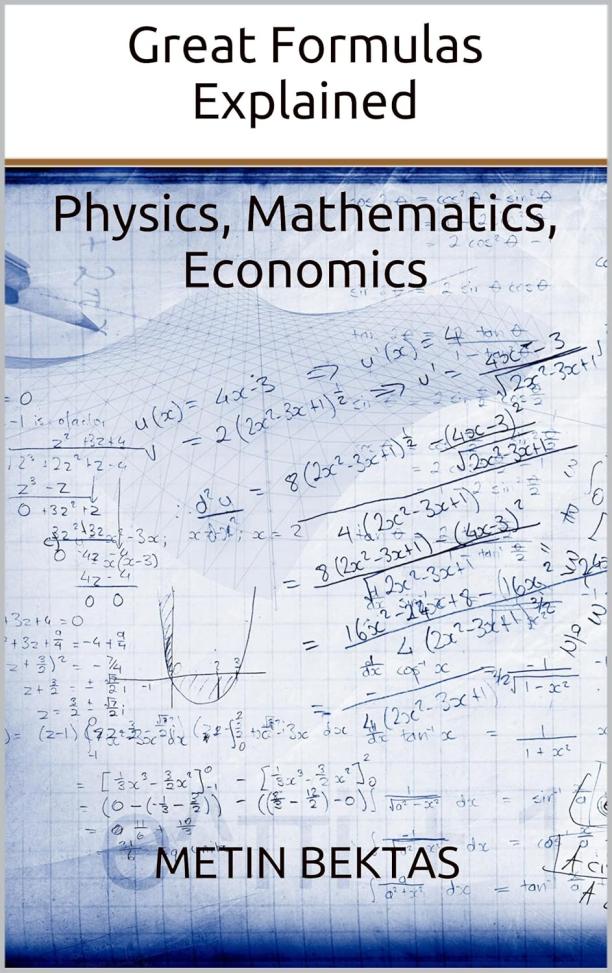
Great Formulas Explained - Physics, Mathematics, Economics
Metin Bektas
The book breaks down complex formulas from various fields such as physics, mathematics, and economics into understandable components for a general audience. It explains the derivation, meaning, and applications of these formulas, making them accessible to readers without requiring advanced mathematical knowledge.
See full summary
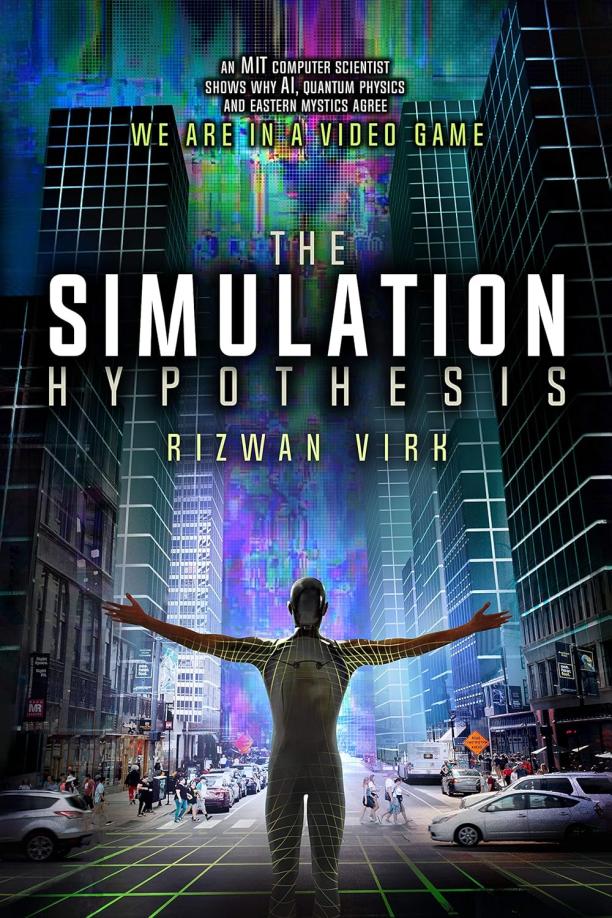
The Simulation Hypothesis
An MIT Computer Scientist Shows Why AI, Quantum Physics and Eastern Mystics All Agree We Are In a Video Game
Rizwan Virk
The book explores the idea that our reality might be a sophisticated digital simulation, drawing parallels between the worlds of artificial intelligence, quantum physics, and Eastern mysticism. It examines the technological possibilities of creating such simulations and the philosophical implications of considering ourselves as characters within a vast, programmed universe.
See full summary